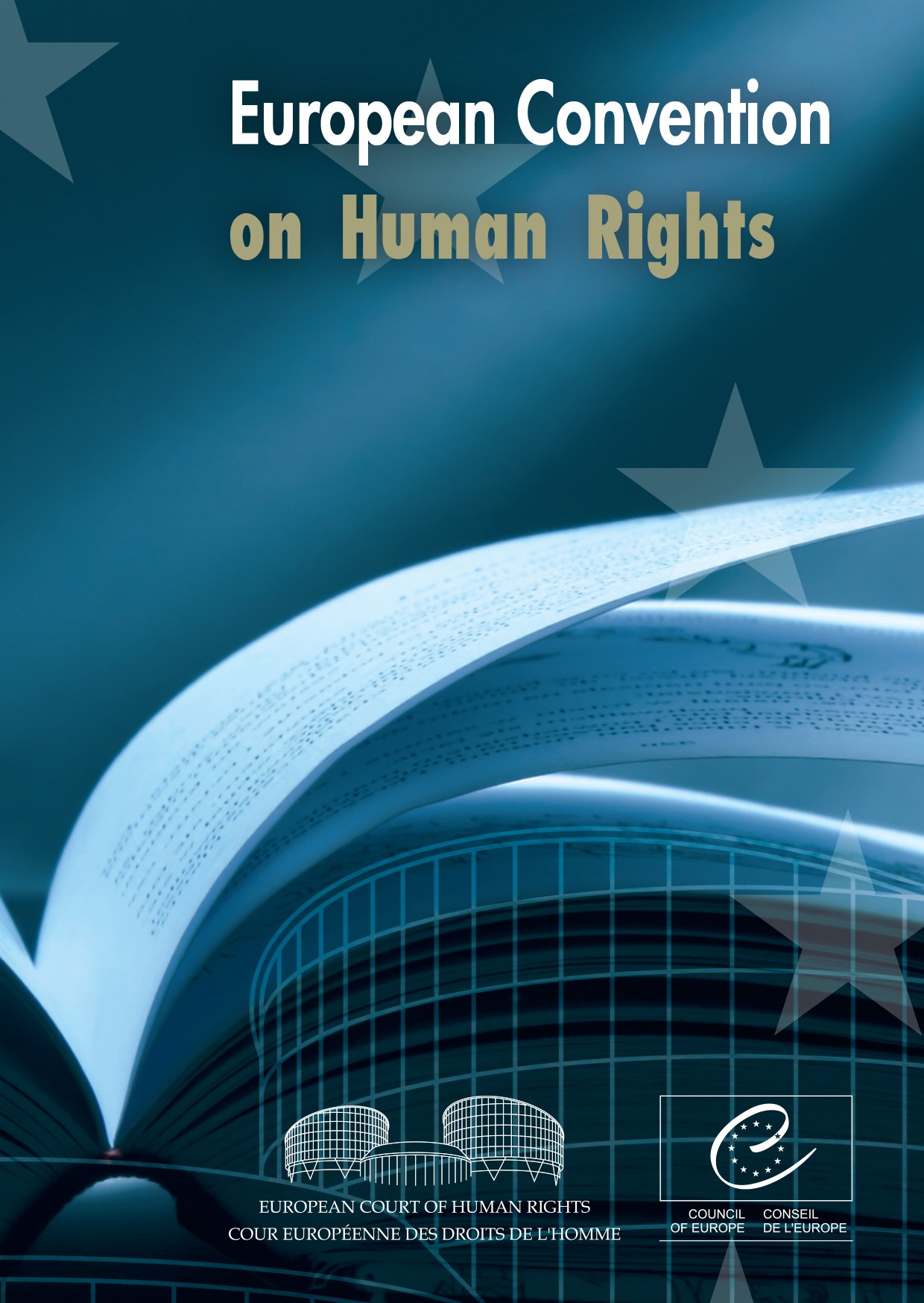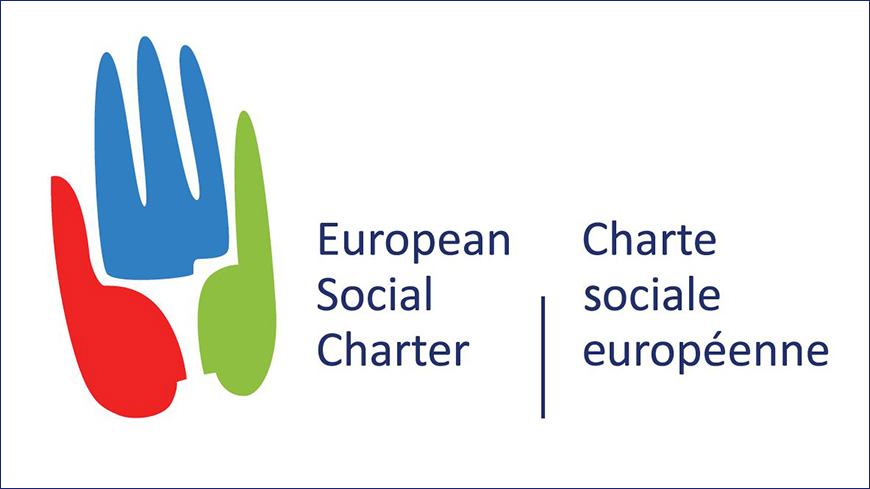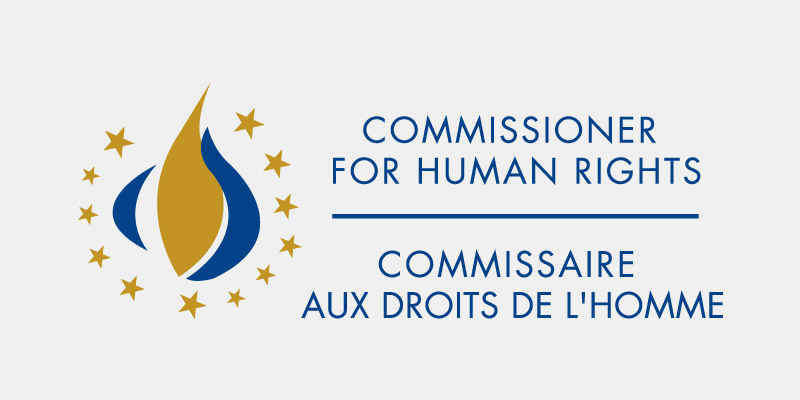The protection of human rights within the Council of Europe
The Council of Europe brings together 47 countries. This intergovernmental organisation works in particular for the protection of human rights and strengthening democracy.

The European Convention on Human Rights defines the fundamental rights and freedoms that Member States must guarantee everyone and each in all their actions and decisions.
The European Court of Human Rights ensures that the rights provided for by the Convention are respected by the Member States.
The procedure follows these steps:
- The application: Anyone who believes that a Member State has not respected his or her rights as protected by the Convention may appeal to the European Court of Human Rights (in general, with the help of his a lawyer).
- Admissibility: Only appeals applications that comply with certain conditions (for example, compliance with certain deadlines or the fact of first attempting to win the case before the national courts) are taken into account by the European Court of Human Rights. In 2018, 93% of appeals applications were declared non-inadmissible.
- The judgment: if the appeal application is admissible, the Court examines the case and makes a decision, called the "judgment". In this judgment, the Court declares whether it considers that a fundamental right has not been respected and explains its reasoning.
- Execution: The Council of Ministers determines the modalities for the application of the judgment of the Court. States are obliged to respect the decisions of the European Court of Human Rights.

The European Social Charter (revised) is a treaty of the Council of Europe that guarantees certain economic and social rights (related to employment, housing, health, social protection, etc.).
The European Committee of Social Rights is a body composed of 15 independent experts and experts responsible for monitoring respect for the European Social Charter by the Member States.
States submit at regular intervals national (or state) reports on the implementation of the European Social Charter. The European Committee of Social Rights verifies that the situations described there comply with the Charter. Read the 17th state report of Belgium here.
The social partners and non-governmental organisations may lodge complaints with the European Committee of Social Rights in the event of non-compliance with the Charter by a State (this procedure can not relate to individual situations).
In juin 2023, Unia, together with the Federal Institute for the protection and promotion of Human Rights, the Institute for the equality of women and men and the Délégué général des droits de l'enfant, drew up a parallel report. This report responds to the report submitted by Belgium in 2022 and focuses on the monitoring of Belgium's convictions by the European Committee of Social Rights in the context of the complaints procedure. The parallel report notably draws up a state of the situation of respect for fundamental rights for Travellers, for people with severe disabilities living in institutions and for students with intellectual disabilities in the French Community.

The Commissioner for Human Rights is a person elected for a 6-year term by the Parliamentary Assembly of the Council of Europe. He works independently and is responsible for awareness of human rights and their respect by States. The Commissioner can act through field visits, reports and general or thematic recommendations.
Within the Council of Europe, there are specialised committees on certain subjects.
- The CPT: European Committee for the Prevention of Torture and Inhuman or Degrading Punishment or Punishment .
- The ECRI: European Commission against Racism and Intolerance. Agency responsible for monitoring the fight against racism, discrimination, xenophobia, anti-Semitism and intolerance in Europe. ECRI conducts a country monitoring, maintains relations with civil society and with national human rights institutions (NHRI).
- The Lanzarote Committee: Committee of the Parties to the Convention on the Protection of Children against Exploitation and Sexual Abuse .
- The GREVIO: Expert Group on Combating Violence against Women and Domestic Violence.
- The GRETA: Group of Experts on Action against Trafficking in Human Beings.
How are our fundamental rights protected?
- By Unia as the National Human Rights Institute
- Through various mechanisms:
